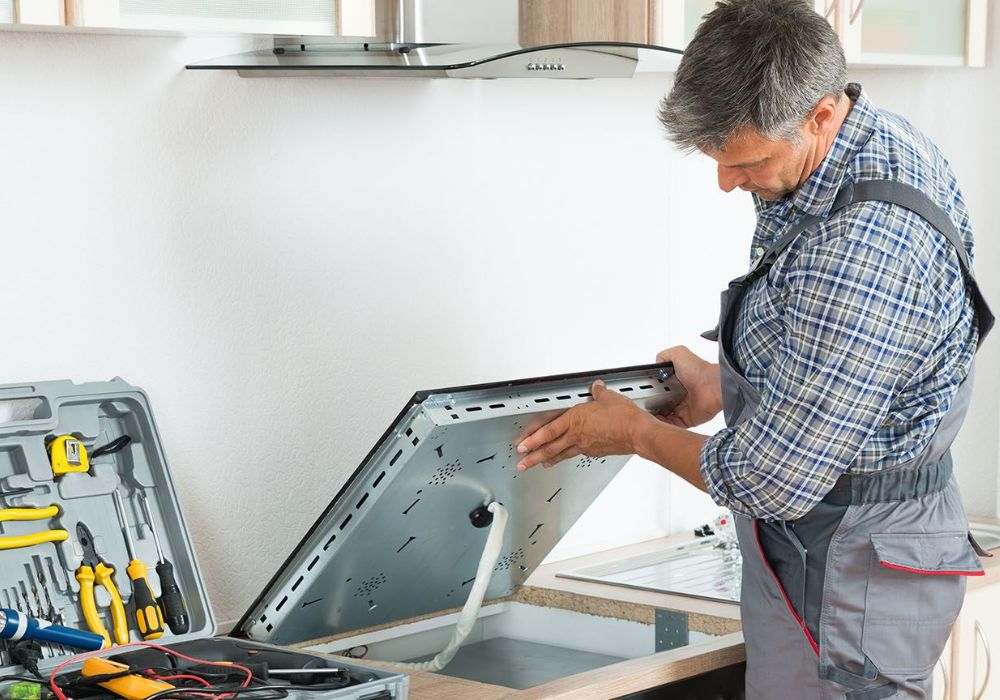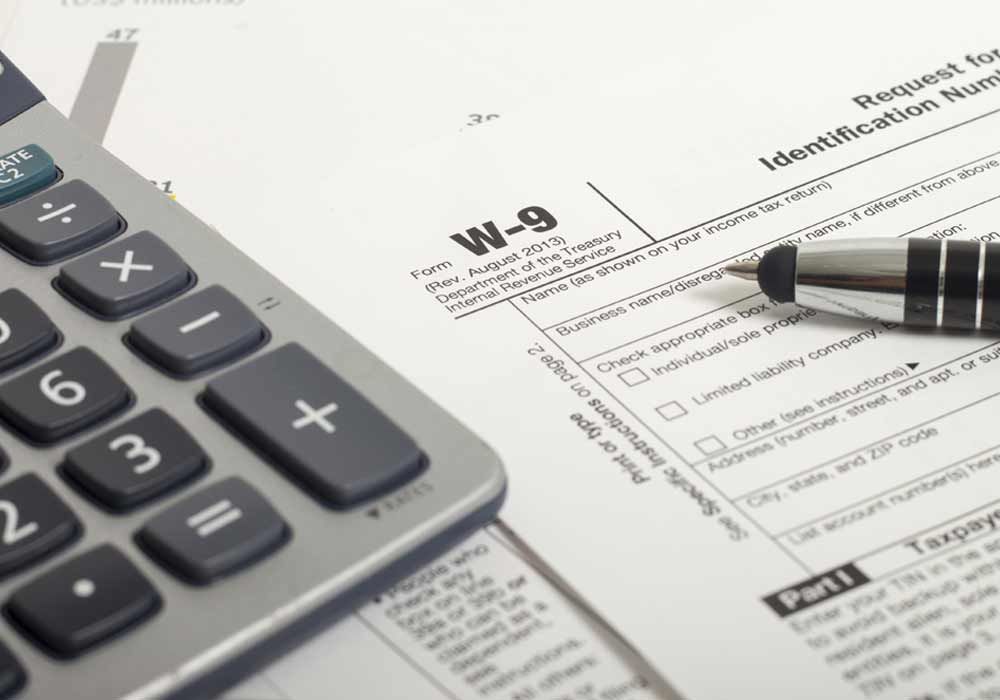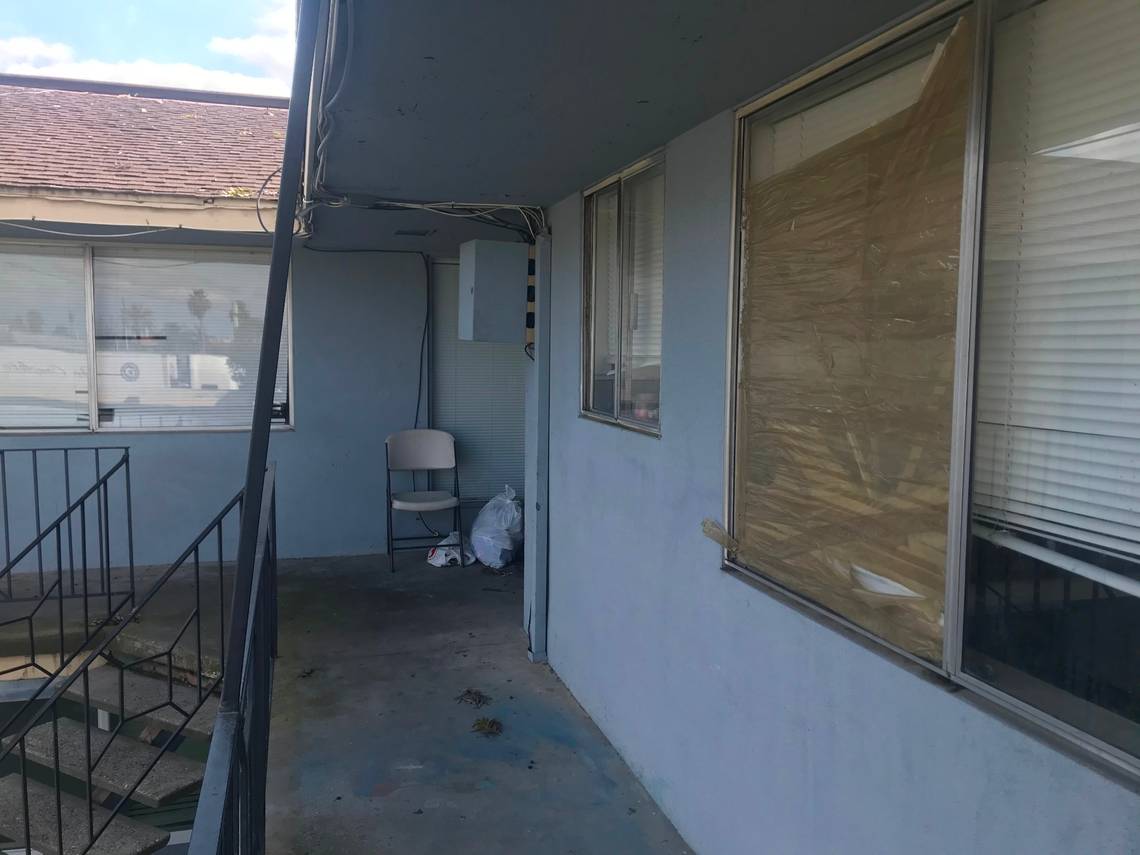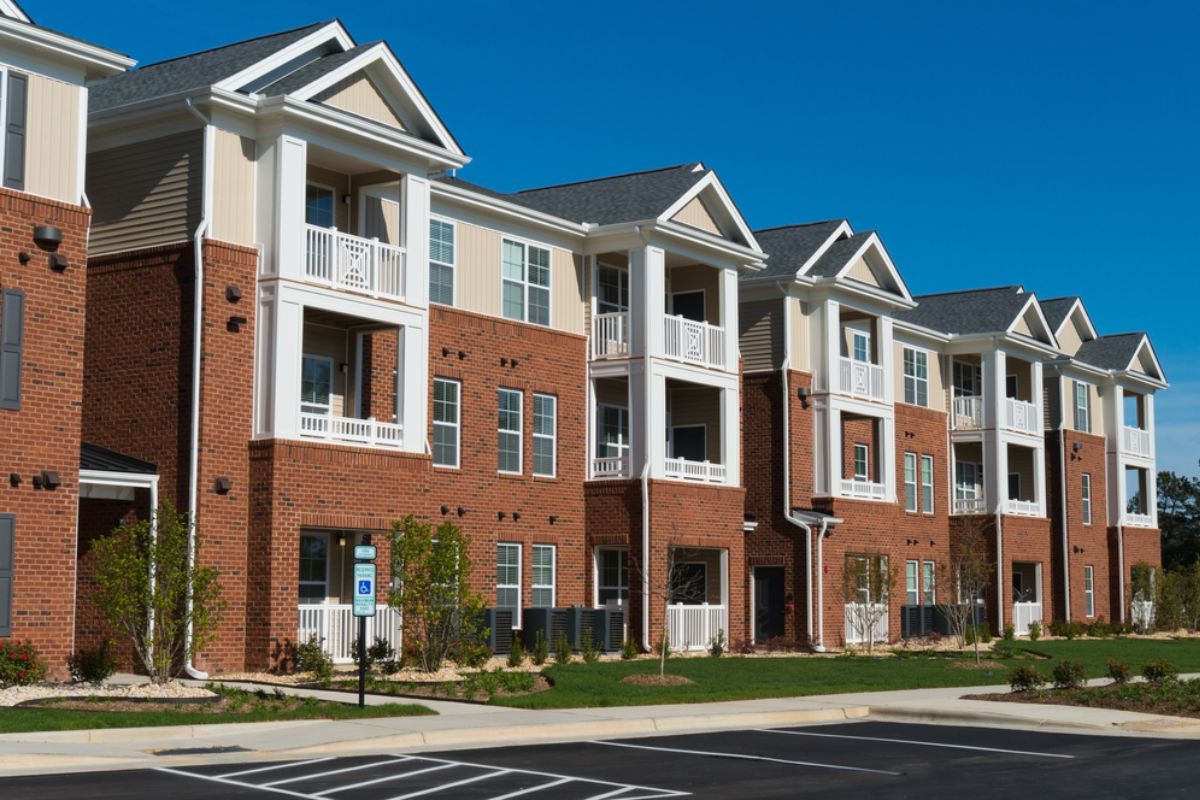Are you a tenant whose hot water isn’t working? Have your landlords failed to respond or give you a reasonable timeframe for repair? You are not alone! Hot water is an essential amenity and if it’s been weeks without any response from the landlord, you might be tempted to take matters into your own hands.
However, understanding your rights as a tenant is paramount in situations like this. This blog post will provide insight into what landlords are legally required to do when something as important as hot water stops functioning properly.
Answer:
A landlord typically has 30 days to fix a hot water problem after receiving a written repair request, although the exact timeline may vary depending on local laws and regulations.
Who Do you call when your landlord does not follow through on the repair?
If your landlord is not responsive to your requests to fix a needed repair, such as lack of hot water, there are steps you can take to resolve the issue. First, ensure that you have followed the guidelines in your lease for notifying the landlord of the issue and have given them a reasonable amount of time to fix it.
You can also speak with other tenants to see if they have had similar problems. If the landlord remains unresponsive, you can contact your local building or health inspector's office and request an inspection for the lack of hot water.
Be sure to have your original written repair request and all correspondence from your landlord ready to provide to the inspector. The inspector will typically give the landlord a notice of violation and a set amount of time, usually 30 to 60 days, to complete the repair.
If the landlord still does not follow through with the repair, you can make a formal complaint with the housing department. However, if the issue is not resolved, it may be necessary to consult with an attorney before taking further action. In extreme cases, you may need to take your landlord to small claims court to compel them to fix the hot water.

Note: Before taking this step, you may want to send the landlord one last letter requesting they address the issue promptly.
Is a landlord allowed to require a tenant to pay for repairs?
No. Landlords are legally responsible for making repairs and maintaining the property, including hot water. Tenants must not be charged for any of these costs unless they have caused damage to the property that is beyond normal wear and tear. If your landlord attempts to charge you for a repair that is their responsibility, report them to your local housing department.
When does a landlord have to replace the hot water heater?
A landlord must replace a hot water heater if it has reached the end of its average lifespan, typically between 8 and 12 years. If your hot water heater stops working before that time, they may just be able to repair it depending on the issue. However, landlords do not have to provide a specific model or brand of hot water heaters. They can opt for lower cost models as long as they meet all safety codes and regulations.
FAQs about How Long Does A Landlord Have To Fix Hot Water
Can a tenant withhold rent if the landlord fails to fix the hot water?
In the event of a landlord failing to repair hot water, a tenant may be entitled to withhold rent until the repairs are made, which is legally referred to as rent withholding. Several states have implemented rent withholding laws through court rulings or legislation.
Must the landlord provide temporary hot water during repairs?
Yes. The landlord must provide a reasonable means of hot water until the repair has been completed. Options may include providing an electric or propane-powered temporary hot water heater, allowing access to a nearby public shower facility, or providing payment for accommodations at another property.
Can tenants be evicted if they complain about lack of hot water?
In the event of a hot water problem in a rental property, it is usually considered a critical repair that must be resolved within 24 hours. If the landlord fails to make the necessary repairs after being notified in writing, the tenant may have the option to terminate the lease without incurring any penalties.
Can a tenant install their own hot water heater?
In most cases, no – landlords must provide and maintain all necessary equipment and appliances in rental units, including hot water heaters. However, if the landlord has agreed in writing that you can make repairs and improvements to the property, then it may be possible to install your own hot water heater. (Be sure to get your agreement in writing if this is the case).
What should a tenant do if the hot water is not hot enough, but still functional?
In this case, the landlord should be notified of the issue in writing. If your landlord does not address the problem within a reasonable period of time, you may have to take legal action or contact a local housing department for assistance. Generally speaking, landlords are responsible for providing hot water that is at least 120 degrees Fahrenheith or higher at all times. This temperature must be consistent throughout all faucets and fixtures in the rental property.
Can tenants replace their own hot water heater?
No, tenants cannot replace their own hot water heaters without written permission from their landlords first. Replacing a hot water heater is considered an alteration to the property and as such must be approved by the landlord. Furthermore, tenants are responsible for any damage they cause while making repairs or alterations to the property and may be held liable for any costs associated with them.
Conclusion for How Long Does A Landlord Have To Fix Hot Water
In summary, landlords must provide and maintain all necessary equipment and appliances in rental units including hot water heaters. If the hot water heater stops working or is not providing enough hot water, tenants should notify their landlord in writing of the issue.
Landlords typically have 30 days to address the problem before more drastic measures are taken by the tenant. Lastly, if a tenant wants to replace their own hot water heater, they must get written permission from their landlord first.





